Top 10 Terrible Things Landlords Can Get Away With
Over the past few years, there has been a significant backlash in the media against landlords who engage in less-than-welcoming landlording. But it's ... read more...challenging to feel sorry for one of the few social classes that still refer to themselves as lords. And although many landlords are undoubtedly reasonable, helpful, and nice individuals, there are also a ton of terrible ones who overcharge or otherwise mistreat their tenants. And that's only the beginning. It turns out that landlords can do a lot of unsavory things that are quite legal as well.
-
Back in California, where landlords keep trying to prevent you from having any form of fun in the kitchen. In San Francisco, it's likely that you'll be bound by a lease that forbids you from doing any cooking in your residence. That thing that most of us have to do in order to survive?
The property market in San Francisco is a bit of a nightmare, so you may come across ads for a master bedroom and bathroom combination at an astounding $1,790 per month. Once more, that is a bedroom, not the actual house. Additionally, as it is only a bedroom, cooking is not permitted because the owner doesn't want you to mess it up with your food. Both are daytime visitors.
Journalists conducting research for a piece on the topic came up to 90 separate San Francisco postings that prohibited renters from cooking. They at most permitted the use of a microwave. Furthermore, they weren't all just spare rooms in someone else's home. There were even some studio units whose owners strictly prohibited cooking. The most expensive one, which only permitted microwave cooking, cost slightly under $1900.

https://www.norfolkkitchenandbath.com 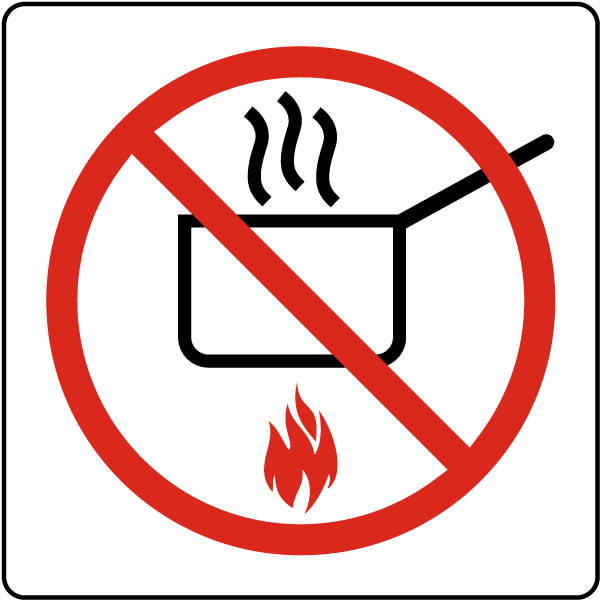
http://www.safetysign.com/ -
Depending on where you live, it might occasionally be difficult to find a rental that accepts pets. Wherever you reside, there is a possibility that a lease will have a no pet clause. Some states and towns are more accommodating than others. Additionally, there is frequently a lot of red tape associated with owning pets in regions that do permit them. There might also be restrictions on the kinds and sizes of pets, not to mention separate pet deposits. And perhaps they'll just request DNA.
The mess that dogs leave behind, especially in apartment complexes, is one of the major problems with renting out a dog. People take their dogs for walks, but no one picks up the dog waste. To stop this, some landlords implemented CSI-level security measures. If dog owners are suspected of not picking up after their dogs, they may be compelled to have their dog's DNA on file or submit it later. A tenant may be susceptible to penalties or eviction if the offending samples are sent to labs and match the tenant's dog.

http://photos-koorleto.blogspot.com 
https://www.nemesisbio.com -
The law in Mississippi was amended in 2021 to give tenants more protections during the eviction process. This was a result of an earlier law that, unless the ruling is overturned on appeal, permitted a landlord to seize all of your possessions in the event that you were evicted.
A landlord has the right to evict a tenant for even a single day of rent arrears, and may even forbid you from taking your possessions with you. A landlord and a constable actually woke up more than one tenant at their residence. After being presented the deportation warrant, they were prohibited from taking anything of their own, including clothing, souvenirs, and family photos. Everything was taken by the landlord, who in one instance merely threw everything in the trash out of spite.
After her landlord seized all of her belongings, Samantha Conner ultimately went to court, where a judge declared the statute illegal. Naturally, by that point it was too late. Many of her belongings had apparently recently been thrown out, according to her previous landlord. He had the option of letting her have it and taking it away, but he decided to make sure she couldn't take it without any justification. A decision can be challenged at some point in 2022.
https://www.immoafrica.net/ 
https://www.360homefinders.com/ -
Let's continue talking about foreign landlords and go to Germany, where renting a home does not necessarily entitle you to a kitchen. This is somewhat different from the California law that states you are not required to have a refrigerator. The entire kitchen can be missing in this scenario. even the sink and countertops. That is not to mean that there isn't a kitchen in the home or flat. The space you need for a kitchen, complete with electrical outlets, running water, and other essentials, must be provided by the landlord if you desire one. Still, that's it.
Many travel bloggers have articles on their websites warning other would-be Germans of what to anticipate upon arrival. The majority of German renters appear to be in it for the long haul, therefore they have no problem spending money on their own kitchen. And when they leave, they'll take everything with them, even the light fixtures. Only people from other countries are unprepared.

https://www.behance.net/ 
https://fineartamerica.com/ -
Talking about Japan, there's another odd practice that is one of those forced voluntary things you occasionally come across in life, with the premise that you don't have to do it but, you know, you sort of do. It's something known as reikin, or key money, in this instance.
Key money is an advance payment you make to the landlord when you have the opportunity to rent an apartment in Japan. This payment is regarded as a gift. Saying "thank you for letting me rent this flat" would be analogous. However, since you won't receive the flat if you don't make the payment, it's also not strictly a gift. And you never receive a refund. Additionally, neither a deposit nor rent will be paid with it. Literally, it's just money spent for nothing.
Rent for a few months or even six months can serve as the key funding. All were paid in advance, and as this is a gift, there are no refunds whatsoever. What makes you think you'd ever pay it? Because someone else will if you don't.
The good news in this situation is that not all landlords demand it. However, those who anticipate it are unlikely to be persuaded otherwise. Additionally, if you want to haggle with a landlord who does have requirements, you might just talk yourself out of renting the house.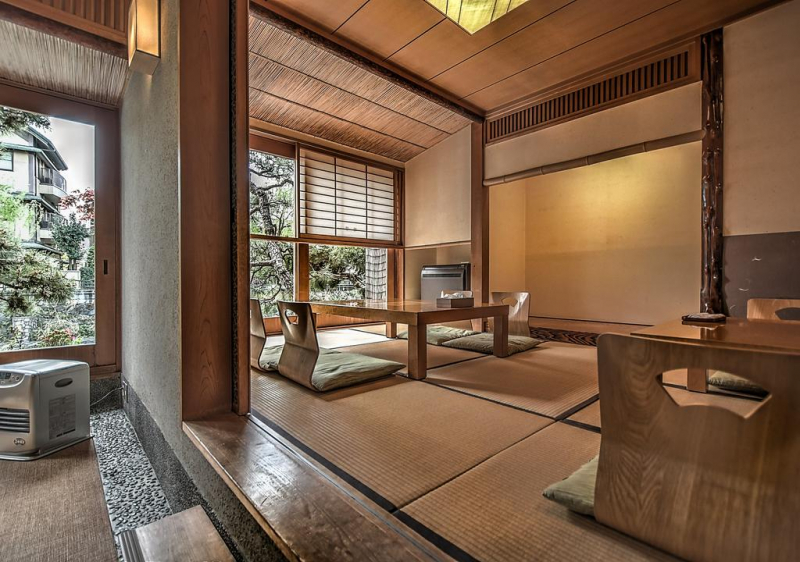
https://www.worldpackers.com/ 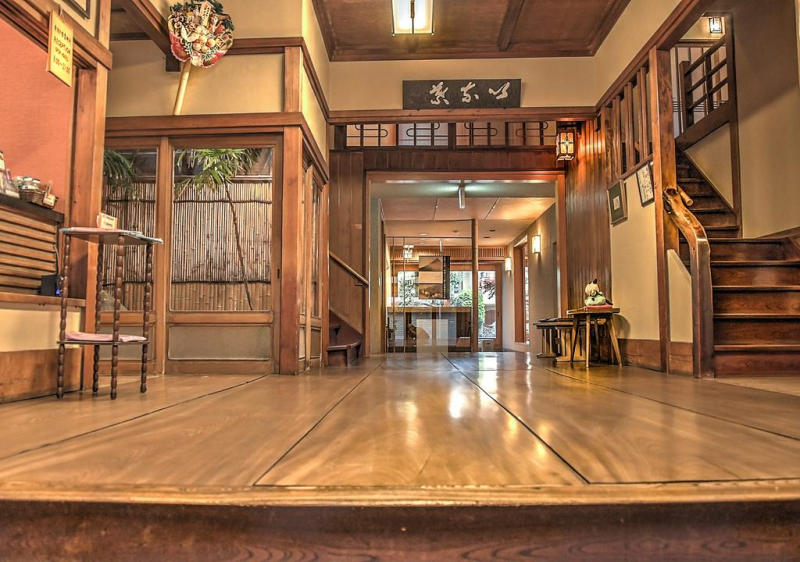
https://www.worldpackers.com -
There are many good reasons to visit Japan and even stay a while there, but exercise caution. If you're not Japanese, renting a place can be difficult. Why? Landlords in Japan are not required to rent to foreigners. Because they are not Japanese, almost 40% of foreign residents who are looking for homes are turned down. A Japanese guarantor can make it easier for a foreign tenant to enter an apartment or home, but those are also difficult to come by.
On the surface, it appears to be a mechanism to protect landlords against damages in the event that a foreign tenant skips a payment to return home, but it also applies to true Japanese citizens who are foreign-born or whose parents are. A large part of this is due to landlords' inability to communicate in other languages, such English, and their assumption that tenants won't speak Japanese. Others worry that visitors just won't adhere to local norms.
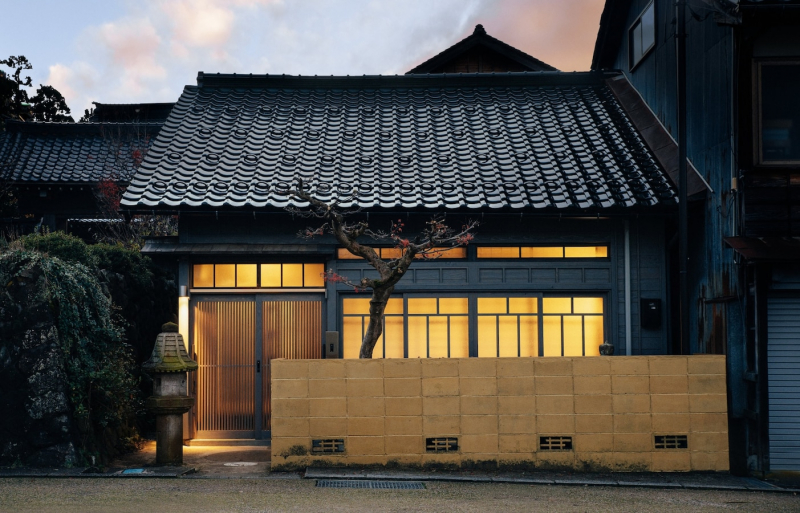
https://allabout-japan.com/ 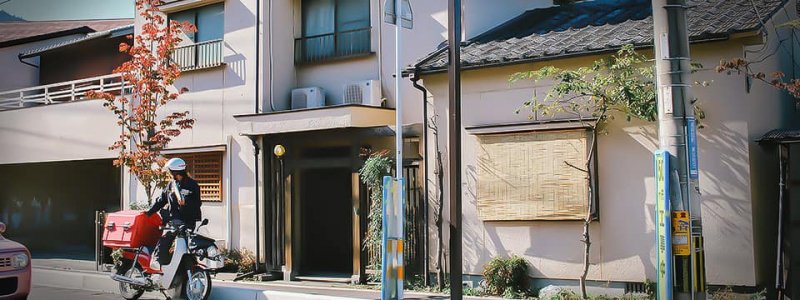
https://tokyospark.com -
Because not all landlords are aware that they may be required to declare a death in the home they intend to rent out. The requirements for death disclosures differ by state, as do many landlord-tenant laws, so landlords should take the effort to familiarize themselves with their own regulations.
So, moving into a location where people were murdered is a recipe for tragedy, as we all know from horror films. Fortunately, landlords are obligated to provide information about a building's past, including whether any violent crimes occurred there. With the exception of all the locations where they are not required to do so, which is the majority of states.
The disclosure of home fatalities is only truly required in three states. Any death that occurred during the previous three years, even one brought on by natural reasons, must be notified in California. In South Dakota, the past year has seen either murders or suicides. The legislation in Canada does not mandate disclosure, but like many states, it encourages realtors and landlords to be truthful.

https://www.centreforcities.org/ 
https://newsroom.unsw.edu.au -
Landlords in North Carolina (and Other States) Don’t Need to Provide Any Notice of Entry. Nobody wants someone to snoop on them in their own house, where they are most private. When a landlord wants to inspect the property you rent from them, they typically have to offer 24 to 48 hours' notice, depending on the circumstances. However, in other places, including North Carolina, your landlord is free to enter the property whenever they want without giving you any prior warning.
This also applies to anyone working for your landlord. Therefore, they have the option of sending a plumber or electrician without prior warning. That person now has unrestricted access to your entire home if you are not home. The sole defense available to a tenant is to demonstrate how an unauthorized visitor is harming their ability to enjoy the property, such as when workers rummage through someone's things. However, you must first catch them and provide evidence.
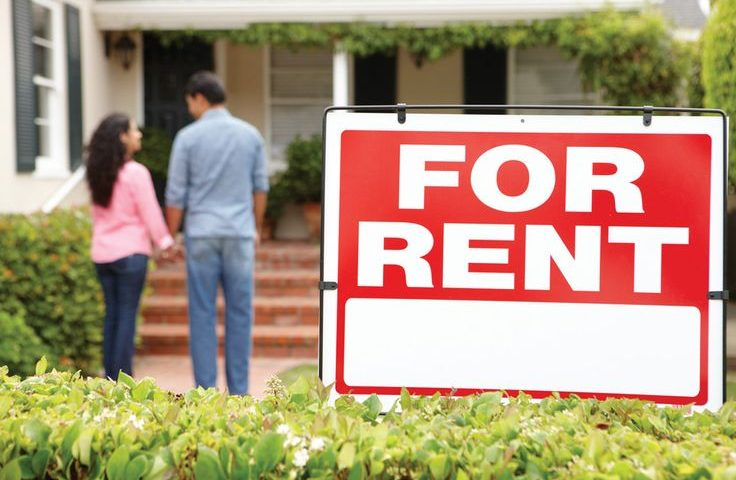
https://www.allrealestatezone.com/ 
https://dreamhomeideas.club/ -
When was the last time you sat down and felt grateful that your house has a refrigerator? When people didn't have that luxury, they had to store their food in ice boxes or root cellars in an effort to keep it fresh. The best tools ever created are refrigerators. However, in California, where landlords view them as extras rather than needs, this does not entitle you to one. Of course, you can have a refrigerator, but you might also be responsible for making the purchase.
This is a certainty for homeowners because few homes are built with refrigerators already installed. Renters, however, frequently experience the opposite. The standard kitchen appliances—a stove and a fridge—are included in the majority of rental homes and apartments. If you're really fortunate, you might get a washer and dryer or a dishwasher. However, California doesn't follow those guidelines. In essence, a refrigerator and a pool are the same.
Of course, if your lease stipulates a refrigerator, you are entitled to one, and the landlord is responsible for making sure it continues to function.
http://www.residentialproductsonline.com 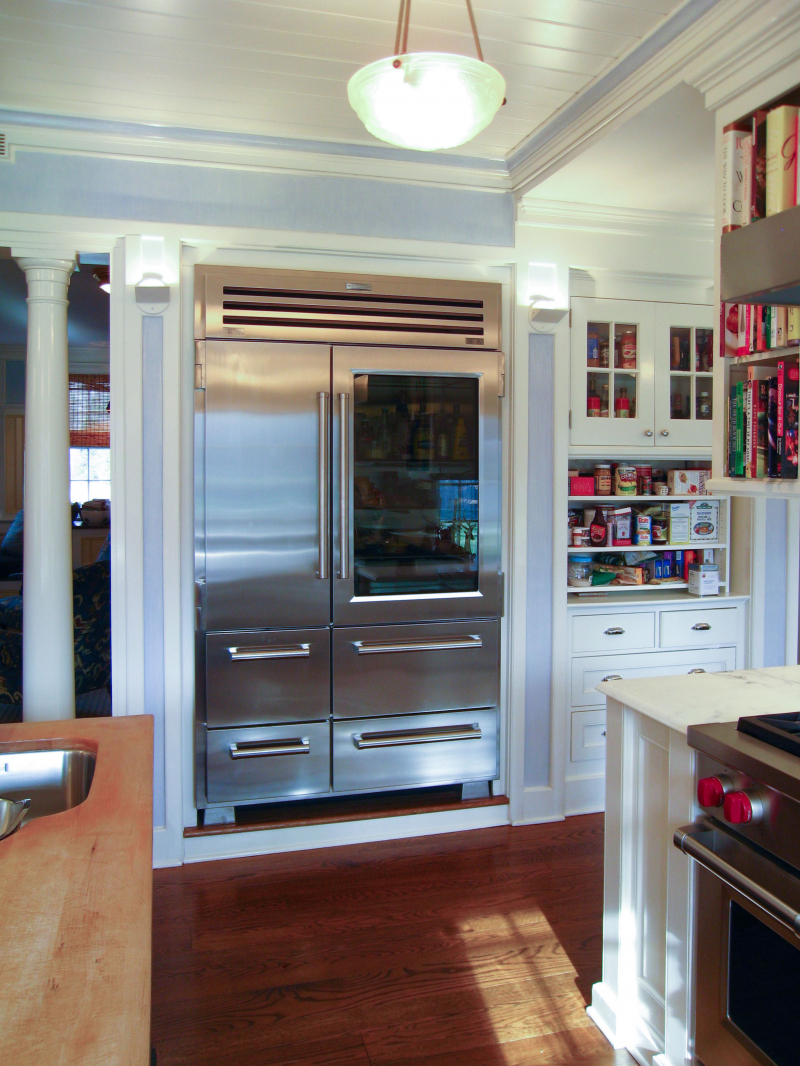
https://homesfeed.com/ -
You have some broader expectations of what your landlord will do for you if you pay to rent a home or piece of property from them. The location must at the very least have access to water and power and be in good repair. What you might refer to as "livable" And practically everyone agrees with that. But if there is one thing we need to be aware of by this point, it is that "nearly" is very different from "always." And in this instance, Arkansas stands out as the exception.
In Arkansas, landlords are not required by law to guarantee that your property is livable. Your rental does not have to be "habitable" in accordance with the law. In the same way, landlords have the unofficial right to use the "so what?" principle when something fails. Which means they can choose not to make repairs if they so choose. And if you believe you can put off paying your rent until your landlord fixes your apartment, reconsider. In the state, you are not permitted to withhold rent for any justification.
Also, these are not straightforward issues. There are numerous reports of renters being ill from mold that landlords refuse to treat, holes in walls, heart failure in the winter, and other incidents, none of which the landlords are required to address if they so desire. The only state that permits this is Arkansas.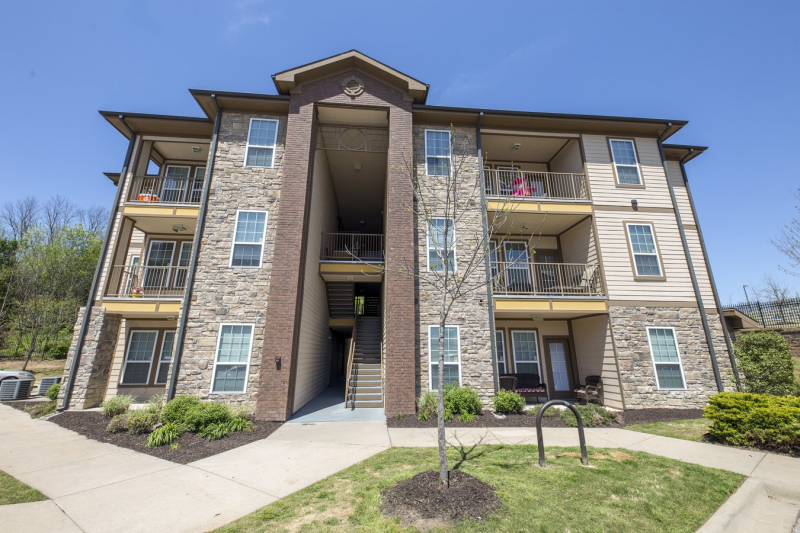
https://www.abodo.com 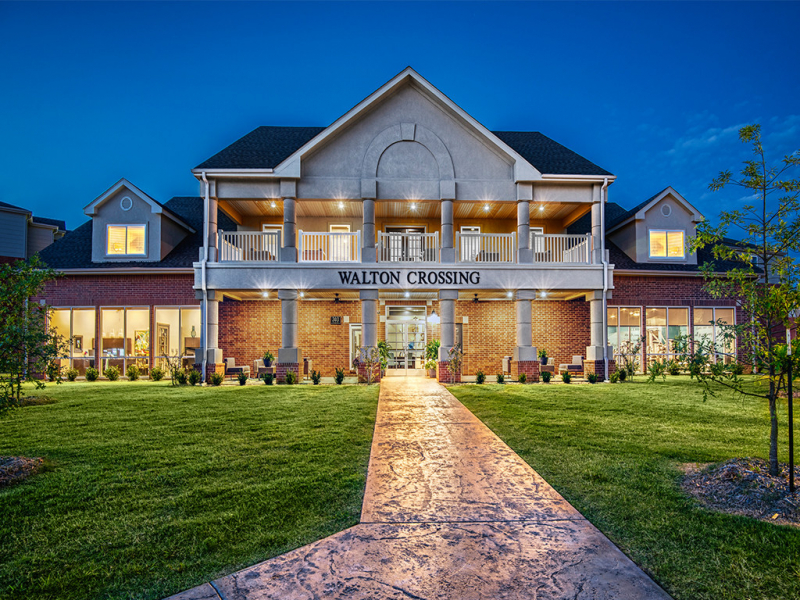
https://www.apartments.com/































